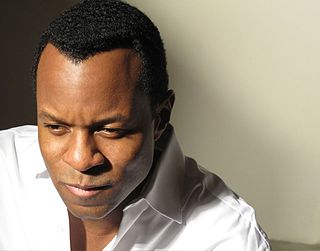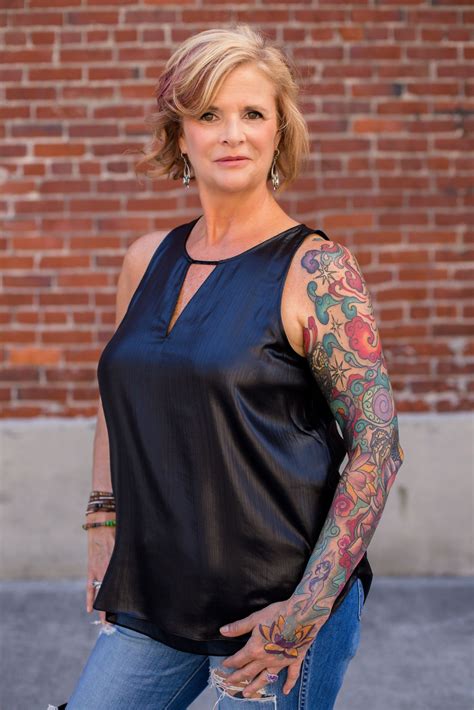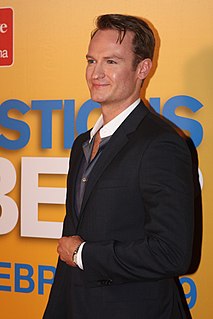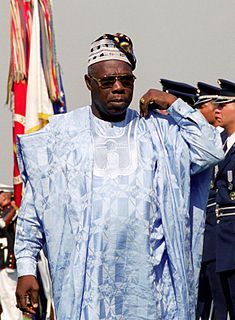A Quote by Bradford Morrow
How often do we use other people as screens upon which to project our obsessions? Our discontents, dreams, desires, and fears? Well, I always thought, often enough that its a wonder the whole waking world isn't simply viewed as an endless improvised film. One with as many screenwriters, producers, and directors as there are actors
Related Quotes
And then, once you've written, you meet producers and directors and actors. You get to meet interesting, talented, creative, artistic people, and it also staves off a bit of creative stagnation when you can't act, which is the reality of the industry. So often, you can't act because there are just too many cars and not enough car parks. But, I love writing and I'll never stop doing that.
I think film is a world of directors. Theater is a world of actors. Or, theater is for actors as cinema is for directors. I started in theater. Filming is as complete as directing film. In theater, you are there, you have a character, you have a play, you have a light, you have a set, you have an audience, and you're in control, and every night is different depending on you and the relationship with the other actors. It's as simple as that. So, you are given all the tools.
Often you find actors have big hearts; they're quite emotional people. Talking to actors who date other actors, and talking to people who deal with other actors, they often get emotionally caught up in lots of different things. They often wear their hearts on their sleeves. They feel things quite a lot - often to the nth degree, which I can imagine could make it quite difficult to date some of us. I think it's about having an emotional availability that you can kind of draw on. But I'm also searching for that. I'll be searching for the answer to that question for the rest of my life.
I write about heroes all the time, and I'm struck by how much of what fills us with wonder in the man-made world was the brainchild of a monster. I mean, slaves built most of the ancient wonders, our city skylines are dominated by the product of sometimes very ruthless capitalist ideals. There's a horrifying thought that I often wonder, which is, are monsters sometimes necessary?
In my own country, many of the movies in recent years express our innate fears about what awaits us. They are apocalyptic visions that leave only a few people on earth-whole cities surviving under domes because we have depleted our natural resources. And often in these movies, for reasons that I question, we have space aliens who are always blowing up Washington, D.C., and the White House.







































